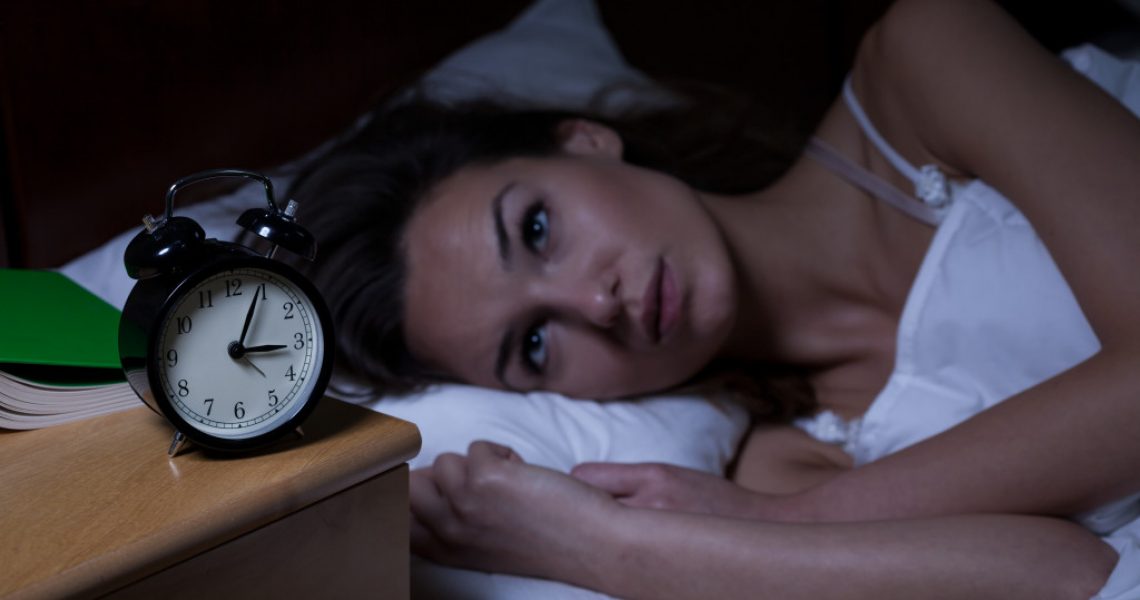According to the National Sleep Foundation, 50-70 million US adults have a sleep disorder. Of these, 30-40% suffer from insomnia. If you’re one of the millions who have trouble falling or staying asleep, you know how frustrating it can be. Not only does insomnia leave you exhausted during the day, but it can also lead to irritability, anxiety, and depression. The good news is that there are things you can do to ease your insomnia and get a good night’s sleep. Read on to learn about five common reasons for insomnia and what you can do about them.
Stress
One of the most common reasons for insomnia is stress. When stressed, your body releases hormones like cortisol, making it hard to fall asleep and stay asleep. Cortisol is also a factor in why many people have trouble waking up in the morning. Thankfully, there are various ways you can deal with stress. Here are the three most common ways:
Yoga
When you’re stressed, you need to feel at ease. Yoga is a great way to calm both your mind and body. It can also improve your flexibility and strength, which can lead to better sleep.
Meditation
Meditation allows you to focus on the present moment and let go of any negative thoughts or feelings that may be causing stress. It’s also been shown to have various health benefits, including improved sleep.
Exercise
Regular exercise can also help with stress management and improve overall well-being and sleep. However, it’s important to note that exercising too close to bedtime can make it harder to fall asleep, so try to fit your workout earlier in the day.

Substances
Certain substances you consume can also have an impact on your sleep. Caffeine, for example, can make it difficult to fall asleep. Alcohol may make you drowsy at first, but it can disrupt your sleep later in the night. Nicotine is also a stimulant and has been linked to poor sleep quality. It’s
Caffeine
If you’re having trouble sleeping, consider your caffeine intake. Caffeine is a stimulant that can stay in your system for up to eight hours, so drinking coffee or tea late in the day could disrupt your sleep. To avoid caffeine-related insomnia, limit yourself to one or two cups of coffee daily and avoid caffeine after 2 pm.
Nicotine
Like caffeine, nicotine is a stimulant that can keep you awake at night. If you smoke cigarettes or use tobacco products, try to quit or cut back to see if it helps improve your sleep. Many resources are available to help you quit smoking, so find one that works for you and stick with it.
Medication
Certain medications, including antidepressants and blood pressure medication, can also interfere with your sleep. Talk to your doctor about your medications and if they could contribute to your insomnia. They may be able to prescribe a different medication or adjust the dosage to help with your sleep issues.
Environment
The environment can also be a prime reason why you have trouble sleeping. Here are some ways the environment can affect your sleep.
Noise
Noise can significantly disrupt sleep, whether it’s loud neighbors or city traffic outside your window. If noise keeps you up at night, try wearing earplugs or playing white noise in the background to help drown out disruptive sounds and allow you to fall asleep more easily.
Heat and light
Your bedroom should be cool and dark for optimal sleep. Keep electronic devices like TVs and cell phones out of the bedroom, as the light they emit can disrupt your body’s natural sleep-wake cycle. If necessary, use blackout curtains, an eye mask to block out any light from outside, or a glowing alarm clock.
Oral Pain
One of the leading reasons for acute insomnia is oral pain. Here are the most common reasons for oral pain and how to deal with them:
Periodontitis
Gum infection or periodontitis is the most common reason for oral pain. It happens because of plaque buildup, causing inflammation and pain in the gums. This can be prevented with daily brushing and flossing, as well as regular visits to the dentist for cleanings.
Additionally, it’s vital to replace any tooth you might have lost. Empty gaps in your mouth can be a haven for bacteria which can lead to bacterial infection. In addition, a tooth replacement service can help restore your oral health and alleviate any pain caused by missing teeth. They can also improve your overall appearance and make it easier for you to eat and speak.
Tooth decay or cavities
Cavities occur when bacteria in the mouth break down tooth enamel, leading to holes in the teeth. They can cause pain and sensitivity, especially when consuming hot or cold foods. Regular brushing and flossing can prevent tooth decay, as well as regular visits to the dentist for cleanings and check-ups.
If you’re one of the millions of people who suffer from insomnia, know that you’re not alone—and there are things you can do about it! Start by looking at some of the common causes of insomnia. Once you identify what’s causing your insomnia, try some of the suggested solutions in this article and see if they help improve your sleep quality!

